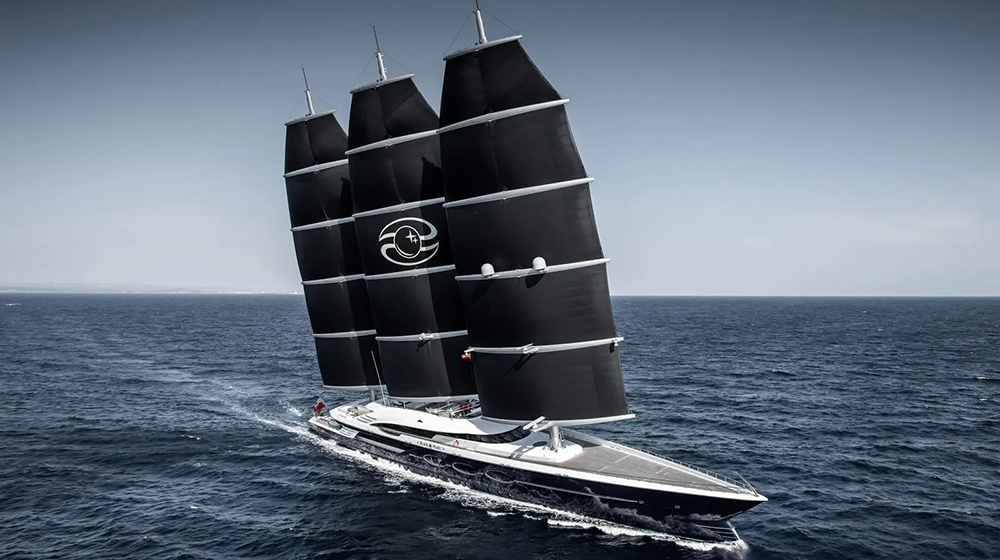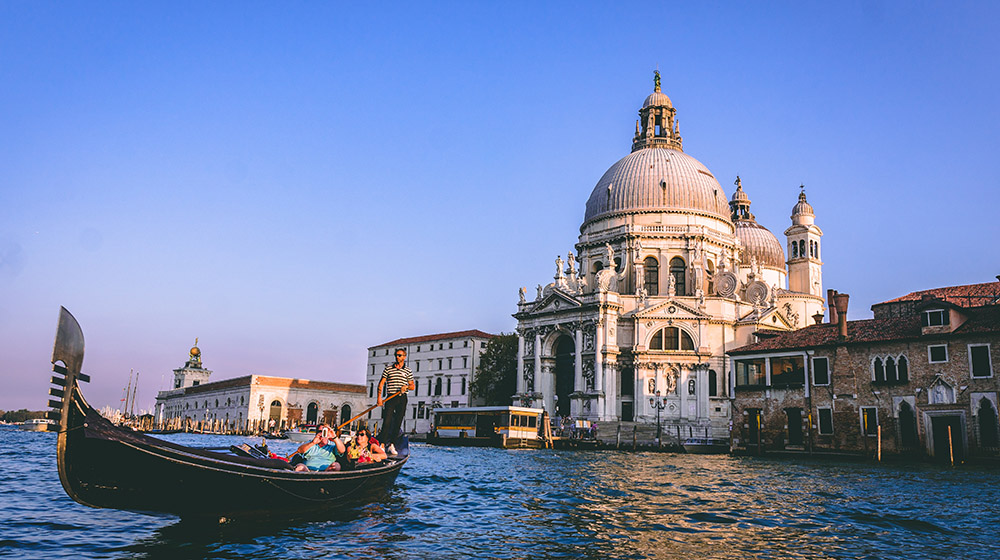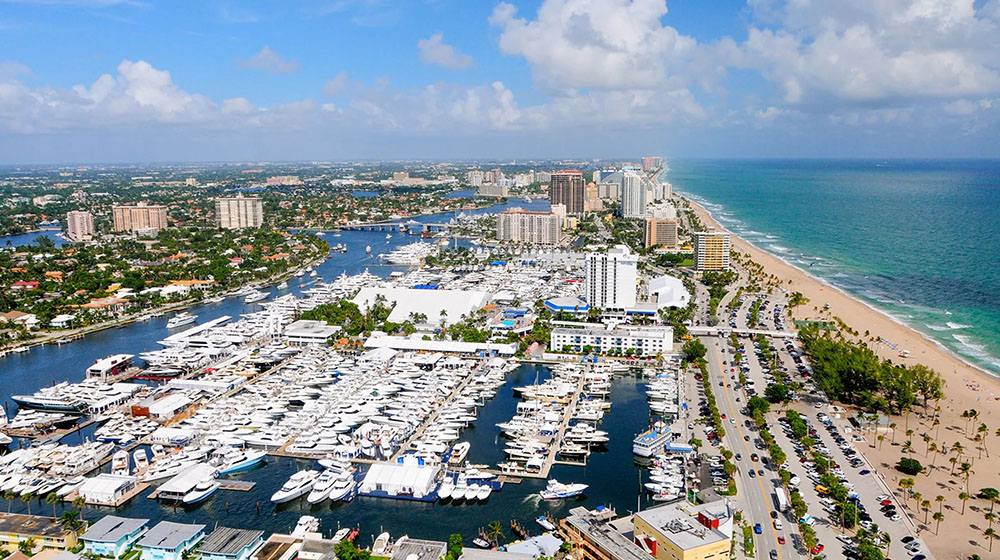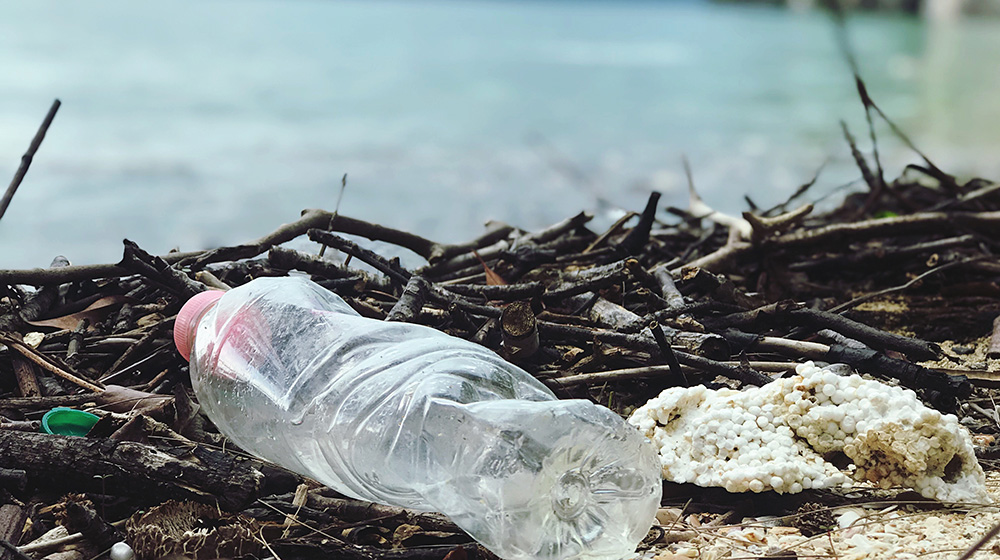
World Ocean Day: Why should we go blue?
Every 8th of June we celebrate World Ocean Day as a reminder of how important seas are to life on Earth.
First declared in 1992, Oceans Day is a United Nations initiative from the Earth Summit that led to important climate change goals. This day involves an opportunity to raise global awareness of the benefits we get from our connection to the ocean and how we have an individual and collective duty to protect the ocean.
Oceans cover more than 70% of the planet
Moreover, they produce at least 50% of the world’s oxygen. They are home to most of the organisms on Earth and are the main source of protein for more than a billion people. Moreover, they absorb 30% of carbon dioxide produced.
This year, the theme is The Ocean: Life and Livelihoods. The UN estimates that by 2030 an average of 40 million people will be employed by ocean-based industries. However, as 90% of big fish populations are currently depleted and 50% of coral reefs destroyed, we need to double our efforts.
So, what makes this year so important? This World Ocean Day arrives the year that the UN Decade of Ocean Science for Sustainable Development begins. This means that from 2021 to 2030 efforts to understand oceans better will help politicians and decision-makers choose on the best options to save oceans.
You might like: Finding out how The Ocean Race Europe is gathering important scientific data during the ocean race.
The Blue Economy
"The pandemic has hit the marine economy sectors in different, but profound ways. We have an opportunity to start afresh, and we want to make sure that the recovery shifts the focus from mere exploitation to sustainability and resilience. Thus to be truly green, we must also think blue." -Virginijus Sinkevicius, Commissioner for the Environment, Fisheries and Maritime Affairs.
The Blue Economy is an emerging concept that encourages taking care of our ocean resources. It goes further from viewing the ocean economy as a mechanism for economic growth, it involves taking consciousness on the future health or productivity of those same resources.
Similar to the ‘Green Economy’, the blue economy model aims to improve human wellbeing and social equity while significantly reducing environmental hazards. It provides an inclusive model for coastal states that sometimes lack the capacity to manage their rich ocean resources so they can begin benefitting from these.
For countries to help save our oceans, a proper Blue Economy implementation needs to be taken into account so we provide more market opportunities and we protect and develop the blue resources.
World Ocean Day Events
Today science centres, research institutes, governments, NGOs, businesses and people around the world plan local and global events.
There will be events today starting at 10 EST (4pm GMT+2) and ending with a virtual Concert for the Ocean at 4:10 EST(10pm GMT+2). You can find out more and sign up for the event HERE.
If you would rather check how you could help make a difference with a NGO, you could check how Ocean Conservancy is confronting Climate Change and how Bahamas Plastic Movement is shedding light to reduce plastic waste. Depending on where you live, local events might be taking place.
Write us a comment on what you will be doing this World Ocean Day on our social media: Facebook, Instagram and Twitter.













_v2.svg)
_v2.svg)









_v2.svg)


